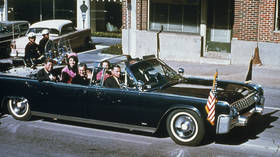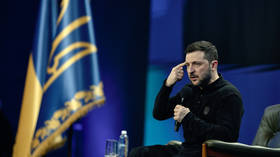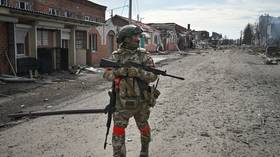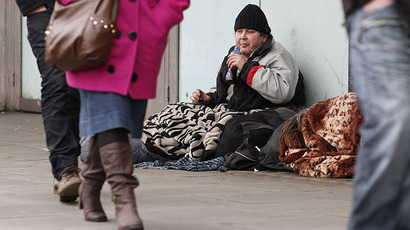Metropolitan police destroyed evidence of racial and sexual discrimination
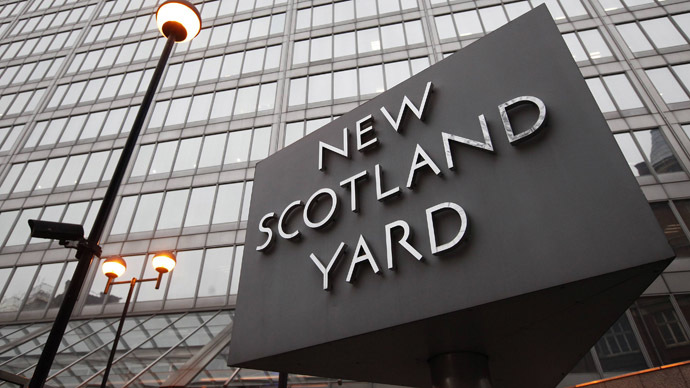
A claim brought against Scotland Yard by a black female officer has revealed a Met practice of deleting internal records relating to sexual and racial discrimination.
The policy came to light when PC Carol Howard’s case was heard by the Central London Employment Tribunal. The court ruled the Met discriminated against Howard between January and October 2012 “on the grounds of sex and race”. It concluded Scotland Yard’s conduct was designed to “undermine, discredit and belittle” PC Howard.
The 35-year-old woman, one of only two black officers in the diplomatic protection group (DPG), was forced to contend with an array of discriminatory practices throughout 2012. Her diligence was challenged in the presence of colleagues, her “every absence” from work was assumed disingenuous, and an application she tendered for an alternate role within the force was not supported, according to the panel.
Following the submission of a formal fairness at work (FAW) complaint in November 2012, Howard was reduced to tears by her manager’s response. The tribunal stated Inspector Dave Kelly’s behavior in this incident was “hostile” and “aggressive”. It was also critical of the manner in which the Met handled PC Howard’s complaint.
An internal Met inquiry into Howard’s grievances concluded her claims of racial and sexual discrimination were unfounded. But the tribunal said Scotland Yard failed to adequately investigate the matter. It further concluded a Met detective assigned Howard’s case was instructed to remove all references to sexual and racial discrimination in an internal report.
"In making these changes I am mindful that Carol has a live ET [employment tribunal] and your report will be disclosable should the matter go to a full hearing," the Met detective said according to the investigation findings.
Following the proceedings, Daphne Romney QC – who represented PC Howard – sharply criticized the Met’s conduct:
"What is particularly shocking is the deliberate attempt to cover up internal findings of discrimination”, the barrister said adding that Scotland Yard’s manipulation of the evidence was “wholly unacceptable”.
RT asked a Met spokesperson on Wednesday why Scotland Yard had distorted evidence pertaining to discrimination within its ranks. He declined to comment. When further questioned on how this practice could be justified, he failed to issue a response.
A spokesperson from Britain’s Equality and Human Rights Commission told RT:
“We are in discussions with the Met, IPCC and the Mayor’s Office for Policing and Crime (MOPAC). As part of these discussions we’ll be looking at the latest employment tribunal case, and when we are in a position to report on [our] next steps, we will do so.”
The Met’s chairman expressed concern that sexism and racism still prevail within Scotland Yard. He condemned discrimination “of any kind at any level” as unacceptable within the force.
According to the Guardian, another lawyer, Kiran Daurka, who represented Howard has called for a full public inquiry into the Met’s handling of racial discrimination claims. Daurka described the tribunal’s judgment as a “damning indictment” of the force.
"This case shows that there needs to be a complete rewrite of the Metropolitan Police's equality procedures and an independent investigation into existing measures purporting to deal with discrimination complaints”, she stated.
In 1999, the Macpherson report denounced the Met as racist in its inquiry into the murder of Stephen Lawrence. 15 years later, Howard’s case highlight’s the fact that institutionalized racism remains rife within Scotland Yard.




